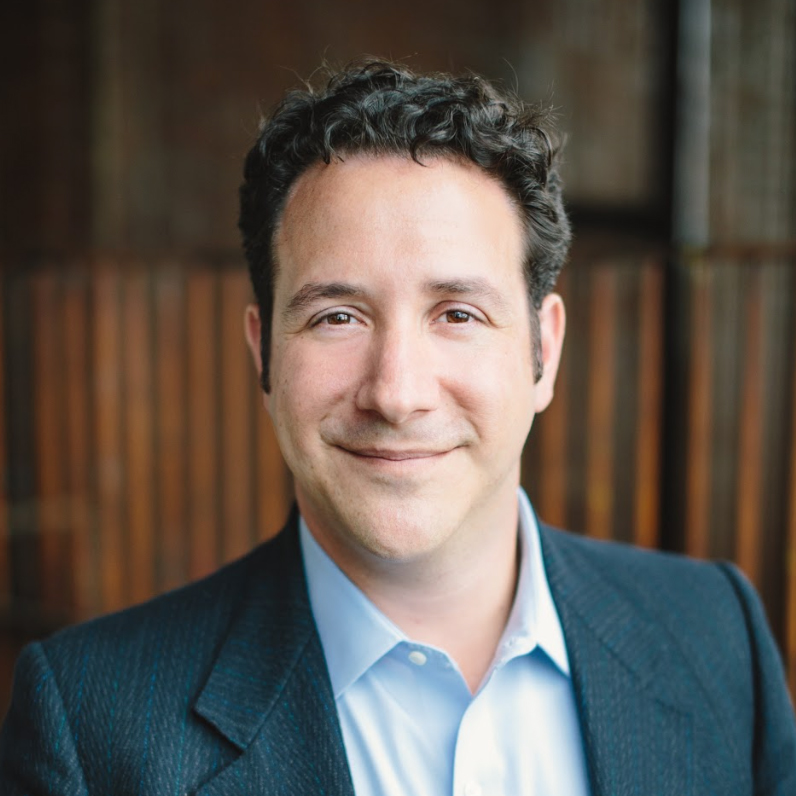Aubrey Silverberg

Interview by Julia Lawrence
Aubrey Silverberg, School of Journalism ‘02, is an Executive Producer at CBC News Network.
What did you originally see yourself doing when you first enrolled in journalism school?
I always had a feeling broadcast journalism would be where I ended up, specifically TV. But it was - and still is - very tough to get into, so I had my doubts. The main thing I remember was being open to just about any kind of reporting, no matter the platform or whether it was daily news or longer form.
What are some memorable moments you’ve had since graduating, and how did you arrive at your current position?
Reporting for the local CBC newscasts in different cities across Canada - as brief as that lasted - was certainly a memorable time. I spent a few summers in places like P.E.I or Alberta. It’s a great way to learn more about this country, its people, and our different experiences. That was just one of many different roles I’ve held over the years. Most of those have been writing and producing newscasts for CBC’s former international all-news channel or News Network. Around the time my son was born, I had been a Senior Producer for a year or two, which meant leading a team and taking a show to air in the control room. It was while I was off on pat. leave, that my boss called and asked if I would want to take over his role as one of the network’s Executive Producers. I was only 32 at the time. It was an extremely nice compliment to be considered for a role like that and the responsibilities that come with it at such a relatively young age.
What’s one of your favourite memories from J-School?
It’s hard to pick one. The people are what I remember most overall. Both in class and out. Because it’s so tough to get into the program, that means you’re surrounded by some pretty smart, driven classmates who come from different backgrounds.
I wouldn’t call it a ”favourite” memory, but the one I recall the most vividly was Sept 11th, 2001. I was in fourth year, and it so happened that on Tuesdays we spent the entire day creating an evening newscast. Class started late morning, which meant the planes had already hit the twin towers. Everyone was in shock. I showed up to class with a dozen ideas of how to cover it swimming in my head. I don’t even think I noticed that most of the class hadn’t shown up. Jagg - bless her - saw that people were shaken, so she put it to a vote; should class be cancelled? It was. My disappointment at that decision confirmed I was on the right path for me.
Where do you see yourself and your career heading in the future?
I never thought I would be at the same place this long, let alone hold the same job for 12 years. Other than continuing to help CBC News evolve and finding ways to help my colleagues any way I can, I have absolutely no idea what comes next.
What advice would you give to current journalism students?
Since those early days, I’ve been the person who hires and helps EA’s progress into more editorial roles and develop as journalists.There’s a clear pattern. People who come out of j-school with practical experience - writing, reporting, etc. as much as possible - do well. You might have a spotless transcript but without that practical experience it’s tougher to get a job and to make the most of it. So that’s my number one piece of advice; do as much actual journalism as possible. And secondly, while self-publishing is good, it’s far better to have your stories vetted by someone with many more years experience than you.
Grads at Work is a series of profiles of alums. If you know of a notable grad you’d like to see featured, send us an email at office.journalism@torontomu.ca.
